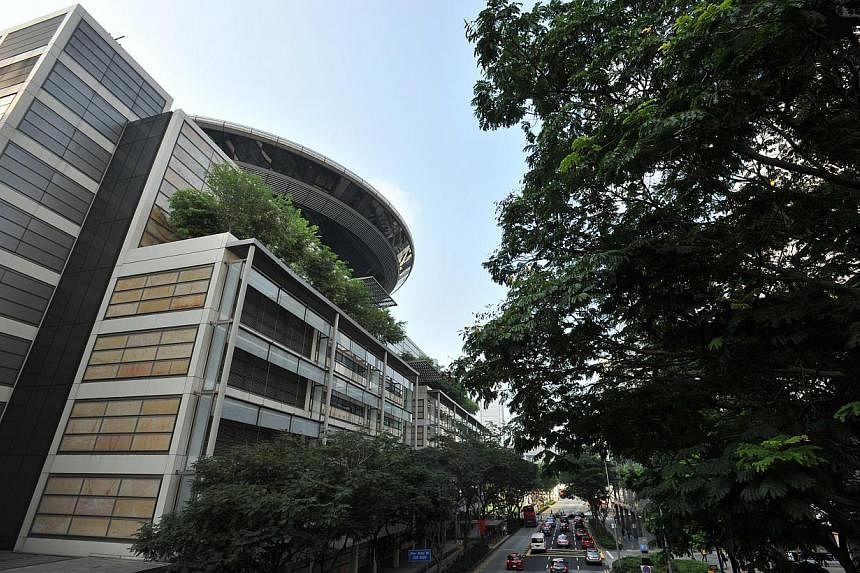SINGAPORE - Judges here will now undergo training at a common venue - the new Singapore Judicial College.
Launched on Monday by Chief Justice Sundaresh Menon at the opening of the legal year, the college, which will be within the Supreme Court, will manage and develop judicial training programmes.
CJ Menon said: "The immediate objective is to bring all our judicial training under the auspices of the college and to develop and strengthen the curricula so as to enhance our ability to discharge our judicial functions. This will cover inductions as well as continuing training and developing of our judges, but it will also extend to technical assistance and education programmes that we may offer to colleagues from other jurisdictions."
With a relatively small pool of judges, judicial training has so far been largely decentralised with each court taking responsibility for organising programmes suitable to its own needs, added CJ Menon.
District Judge Tan Boon Heng will run the day to day operations of the college as its executive director while Mr Foo Chee Hock, the new Judicial Commissioner, will be appointed as its Dean.
Separately, the State Courts will study the possibility of introducing a docket system for complex criminal matters, especially where multiple charges are involved, announced the CJ. This is to improve case management and minimise pre-trial delay. It will also study the provision of legal aid to the accused at an earlier stage, before the matter reaches the court.
There are changes with regard to civil justice as well. CJ Menon noted that the management litigation costs is a major concern and said that "costs scheduling" has been introduced in the Supreme Court Practice Directions. This means that parties have to provide cost estimates before the outcome in a case is known.
"This is a useful tool to enable the court to obtain a reasonable picture of the level of costs claimed, and it also discouraged satellite litigation over the issue of costs."
There will also be a costs guideline publication by the Supreme Court to serve as a signpost of the amount parties can expect to pay at various stages of litigation.

